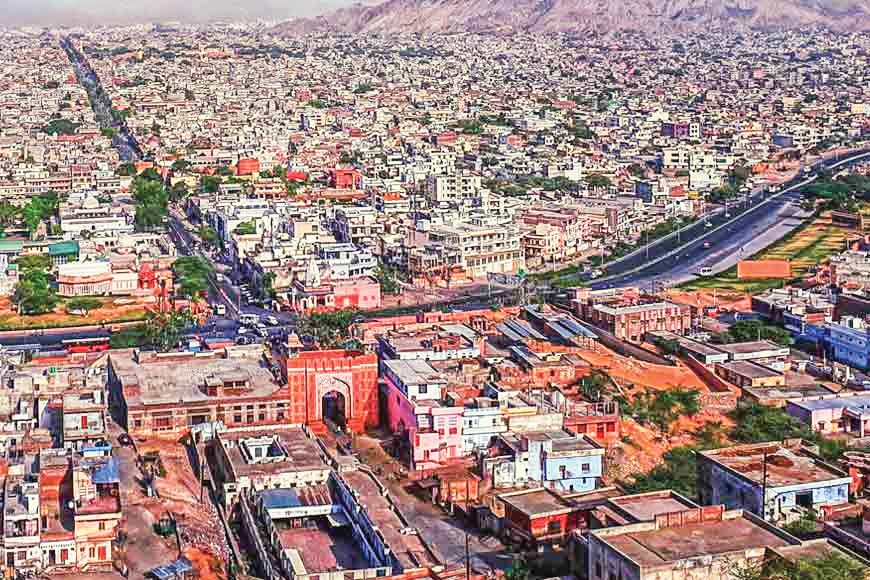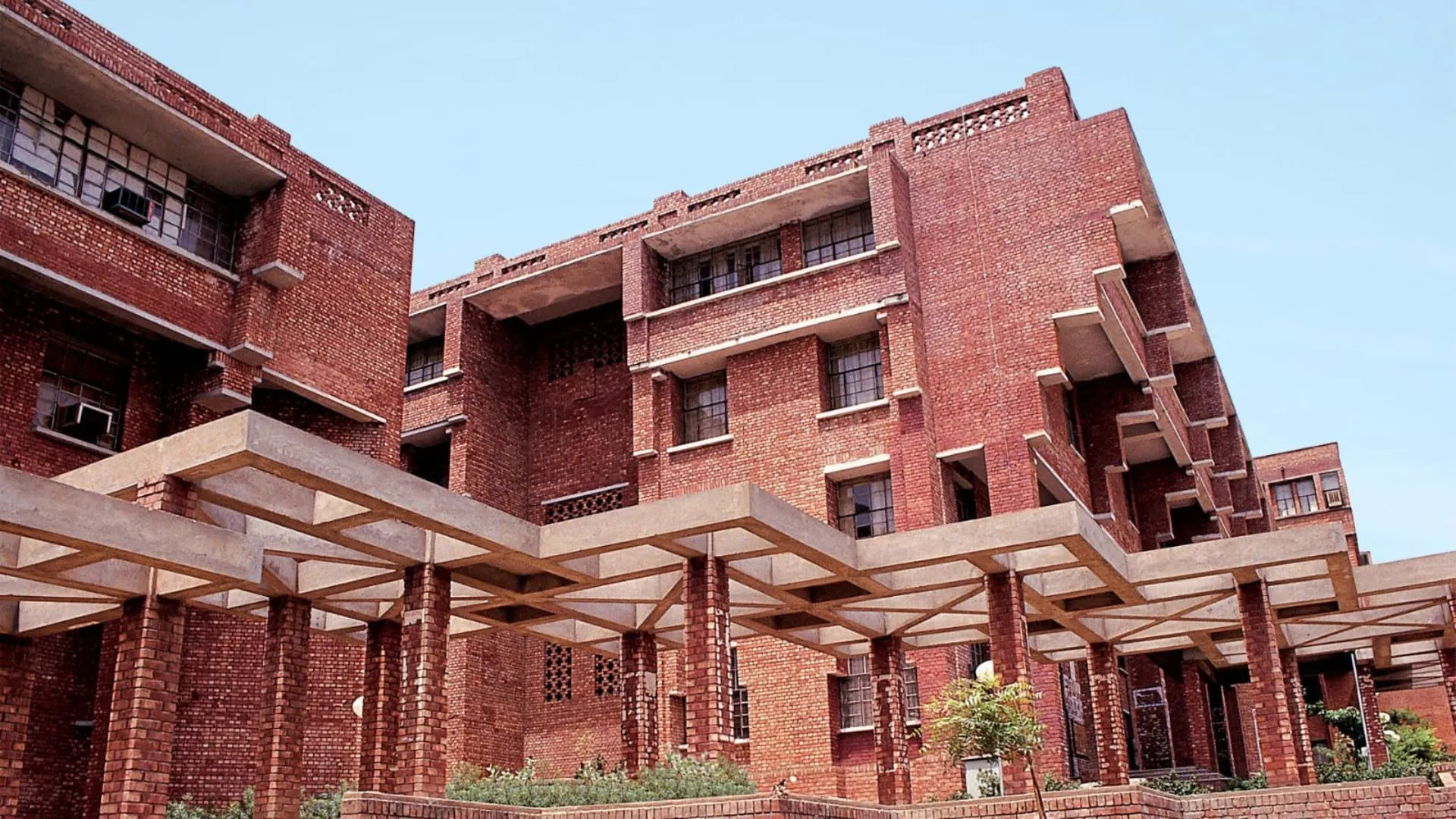Vidyadhar Bhattacharya, a name synonymous with the architectural and urban planning legacy of Jaipur, played a pivotal role in shaping the city into a prominent cultural and historical landmark. Born in the late 17th century, Bhattacharya was not only an architect but also a visionary urban planner whose work continues to influence contemporary design and city planning in India. Vidyadhar Bhattacharya’s contributions to architecture and urban planning are a testament to his vision, creativity, and commitment to enhancing the lives of the people of Jaipur. His legacy is not merely confined to the physical structures he created but extends to the cultural and social frameworks he established. As cities around the world grapple with challenges of urbanization, Bhattacharya’s principles of thoughtful design, sustainability, and community engagement remain highly relevant. The Pink City stands as a living tribute to his ingenuity, inviting admiration from all who experience its beauty and functionality.
Vidyadhar Bhattacharya was born into a Brahmin family in the Bengal region, which had a rich tradition of learning and scholarship. His education encompassed not only traditional subjects but also the arts and sciences, fostering a diverse understanding of architecture, mathematics, and astronomy. This multidisciplinary background would later prove invaluable in his architectural pursuits.
In 1727, Maharaja Sawai Jai Singh II, the ruler of Amber, decided to establish a new capital for his kingdom due to the increasing population and strategic concerns. He envisioned a city that would reflect the grandeur of his reign, a place that would be not only a political center but also a hub of culture and commerce. To realize this vision, he turned to Vidyadhar Bhattacharya, recognizing his expertise and innovative ideas.
Bhattacharya meticulously planned Jaipur, integrating traditional Indian architectural principles with modern urban design concepts of the time. His approach was influenced by Vastu Shastra, an ancient Indian science of architecture that emphasizes harmony with nature, as well as contemporary Mughal architecture.
Architectural Contributions
One of Bhattacharya’s most significant contributions was the city layout of Jaipur, which is famously known as the “Pink City.” He designed the city using a grid system, a departure from the organic growth patterns typical of Indian cities. The layout consisted of wide streets, large public squares, and well-defined zones for residential, commercial, and administrative purposes. This organized structure allowed for efficient movement and accessibility, a forward-thinking concept that remains relevant in urban planning today.
The city was adorned with striking structures, many of which still stand as testaments to his architectural brilliance. The City Palace, which served as the royal residence, exemplified a harmonious blend of Rajput and Mughal styles. With its impressive courtyards, gardens, and intricate detailing, the palace reflects the grandeur of the era.
Another notable structure is the Hawa Mahal, or Palace of Winds, designed as a royal retreat. Its unique façade, characterized by numerous windows and jharokhas (overhanging enclosed balconies), allowed royal women to observe street festivities without being seen. This architectural feature not only serves aesthetic purposes but also embodies the cultural norms of the time, highlighting Bhattacharya’s ability to integrate functionality with artistry.
Urban Planning Principles
Bhattacharya’s planning went beyond mere aesthetics; it addressed practical concerns of water management and environmental sustainability. He implemented a sophisticated water supply system that included reservoirs and canals to ensure the city was well-watered, a crucial factor given Rajasthan’s arid climate.






















